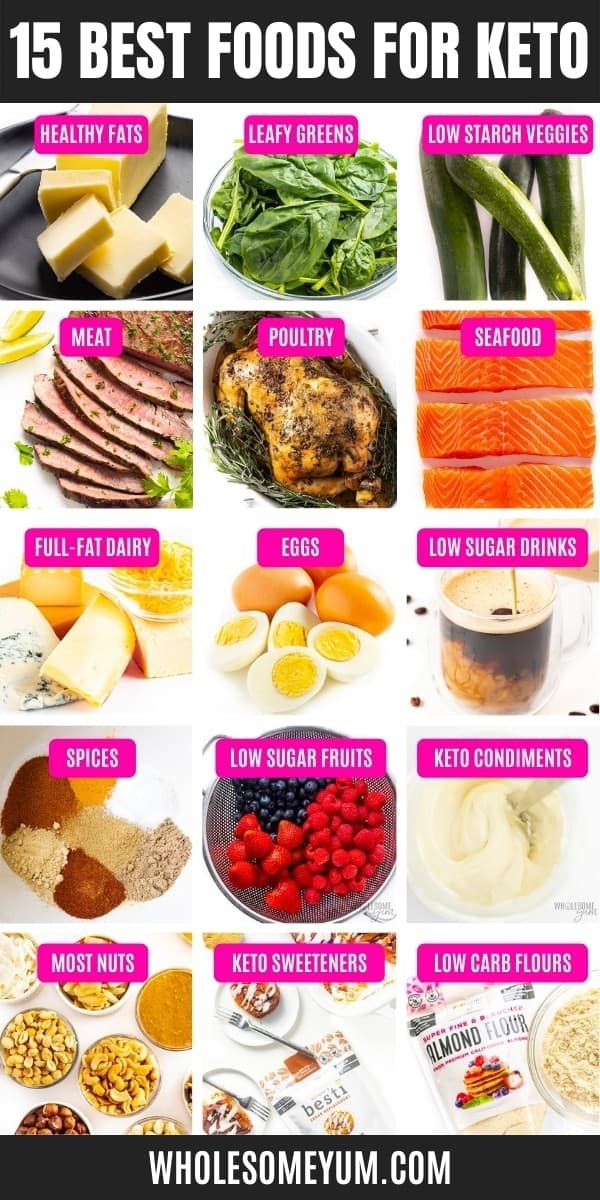The ketogenic diet is a high-fat, low-carbohydrate diet that has been shown to have numerous health benefits. Here is a beginner's guide to following the ketogenic diet:
Reduce carbohydrate intake: To get into ketosis, you need to limit your carbohydrate intake to less than 50 grams per day.
Increase fat intake: To make up for the reduction in carbohydrates, you need to increase your fat intake. Good sources of healthy fats include avocados, olive oil, coconut oil, and grass-fed butter.
Proteins: Consume moderate amounts of protein, making sure not to consume more than your body needs. Good sources of protein include meat, poultry, fish, eggs, and dairy products.
Track your food intake: Keeping track of your macronutrient intake (carbohydrates, fats, and proteins) can help you stay on track and reach your goals.
Hydration: Drink plenty of water, and consider adding in electrolytes to help prevent symptoms of the "keto flu."
Avoid processed foods and added sugars: Stick to whole, unprocessed foods, and avoid processed foods and added sugars.
Gradually adjust: Gradually reducing carbohydrates and increasing fat intake over a period of several weeks can help prevent symptoms of the "keto flu."
Consult with a healthcare professional: Before starting the ketogenic diet, it is important to consult with a healthcare professional to ensure that it is safe for you to do so.
for more info Vist: bit.ly/3V1Sq83
